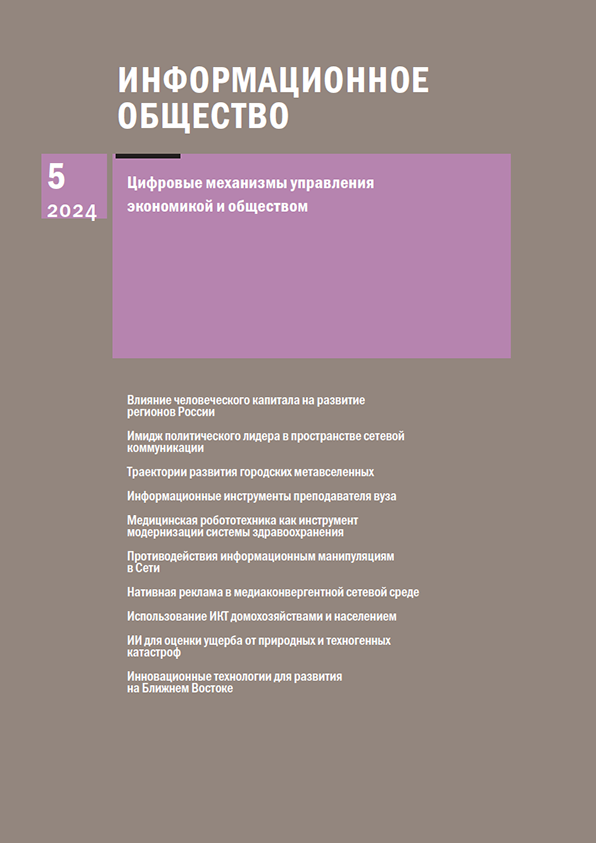Deepfake technology: issues of protecting the privacy of a person and protecting personal data
Keywords:
deepfake, personal data, private life, criminal liability, civil liabilityAbstract
We are increasingly hearing about such offenses that have arisen in connection with the use of deepfake technology, such as the creation of fake news, an image of a person that does not correspond to reality. An analysis of the methods of legal protection of the privacy of a person and the legitimate processing of personal data, when using deepfake technology, allowed us to come to the following conclusions - the user of deepfake technology, creating an image of a person, becomes the operator of personal data. Judicial practice connects the subjective side of the crime with the criminal's intention to illegally collect and distribute data on privacy. If a person did not make a secret of his private life, then the creation of a non-malicious deepfake is not subject to criminal liability. To exclude civil liability, a user of deepfake technology who creates a new positive way of life based on publicly available data about a person's private life or publicly available personal data must make sure that this information is publicly available by the decision of the personal data subject, within the framework of his consent to the processing of personal data or the dissemination of information about his privacy by third parties.
Published
How to Cite
Issue
Section
Copyright (c) 2024 anna zharova

This work is licensed under a Creative Commons Attribution-NonCommercial-ShareAlike 4.0 International License.
